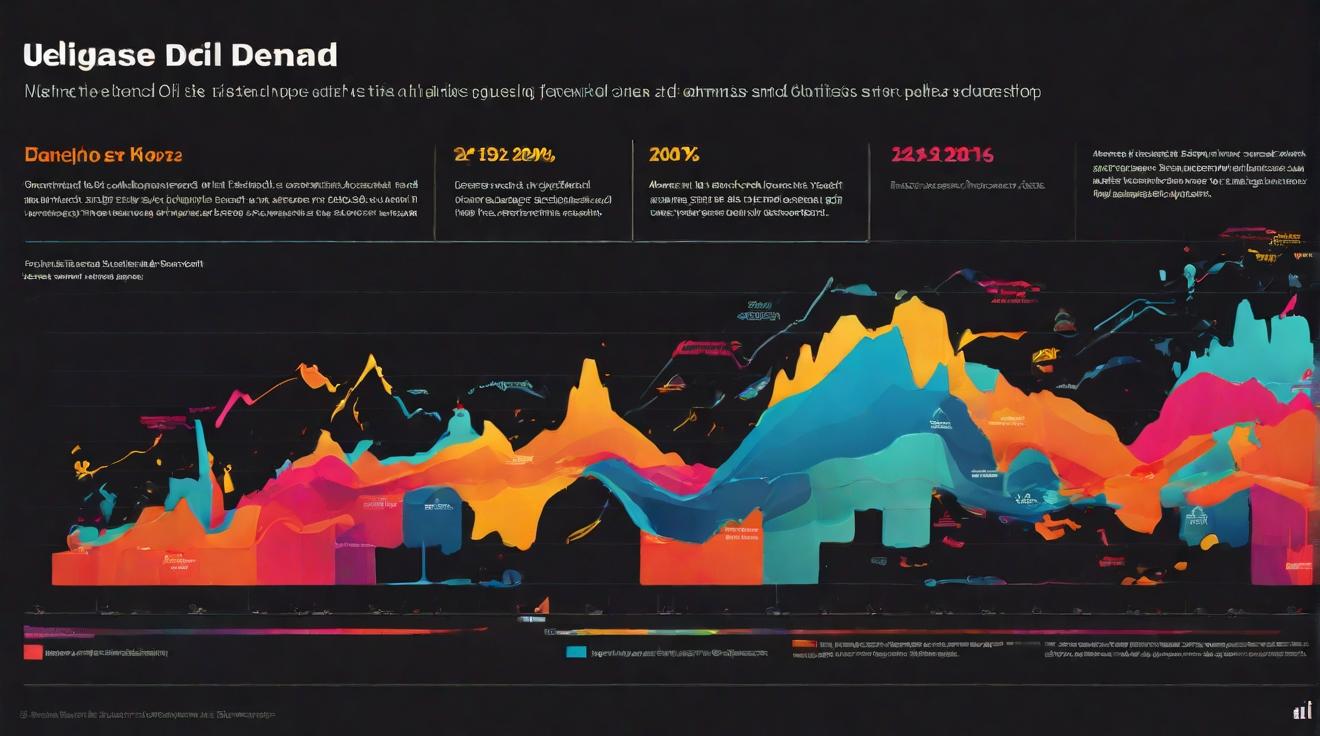Understanding Zero-Day Flaws and Recent Exploits
In the world of cybersecurity, a zero-day flaw represents a vulnerability in software that is exploited by attackers before the software developer is aware of it. This type of flaw can be particularly dangerous as it leaves systems exposed until a patch is developed and distributed. Recently, Microsoft patched a significant zero-day flaw in its Windows operating system that was being exploited by the notorious Lazarus Group, an organization linked to North Korea.
Details of the Security Vulnerability
The flaw, identified as CVE-2024-38193 with a CVSS score of 7.8, is a privilege escalation bug found in the Windows Ancillary Function Driver (AFD.sys) for WinSock. Privilege escalation vulnerabilities are serious as they allow attackers to gain higher access levels than normally permitted, potentially giving them control over the affected system. Microsoft addressed this flaw in its regular monthly Patch Tuesday update.
Who Discovered the Flaw?
The flaw was discovered by researchers Luigino Camastra and Milánek from Gen Digital, a company known for its security and utility software brands such as Norton and Avast. They reported that the vulnerability could enable attackers to bypass security restrictions and access sensitive areas of the Windows operating system.
Lazarus Group's Exploitation
The Lazarus Group, affiliated with North Korea, is known for exploiting such vulnerabilities. They used a tool called FudModule, a type of rootkit, to avoid detection while exploiting this flaw. Rootkits are software designed to hide certain processes or programs from normal methods of detection, allowing attackers to maintain access to a compromised system.
Previous Similar Exploits
This incident is reminiscent of a similar attack in February 2024, where Lazarus exploited another Windows kernel flaw, CVE-2024-21338, also to deploy the FudModule rootkit. Both exploits involve taking advantage of vulnerabilities in pre-installed drivers, differing from tactics that involve bringing in external vulnerable drivers to bypass security.
Implications and Recommendations
Understanding these types of exploits is crucial for safeguarding systems. Companies and individual users are advised to regularly update their software to ensure they are protected against such vulnerabilities. Cybersecurity experts stress the importance of having robust security measures in place, including updated antivirus software and firewalls, to mitigate the risk of attacks exploiting zero-day vulnerabilities.
By staying informed and proactive, users can better defend against potential threats posed by sophisticated threat actors like the Lazarus Group.













